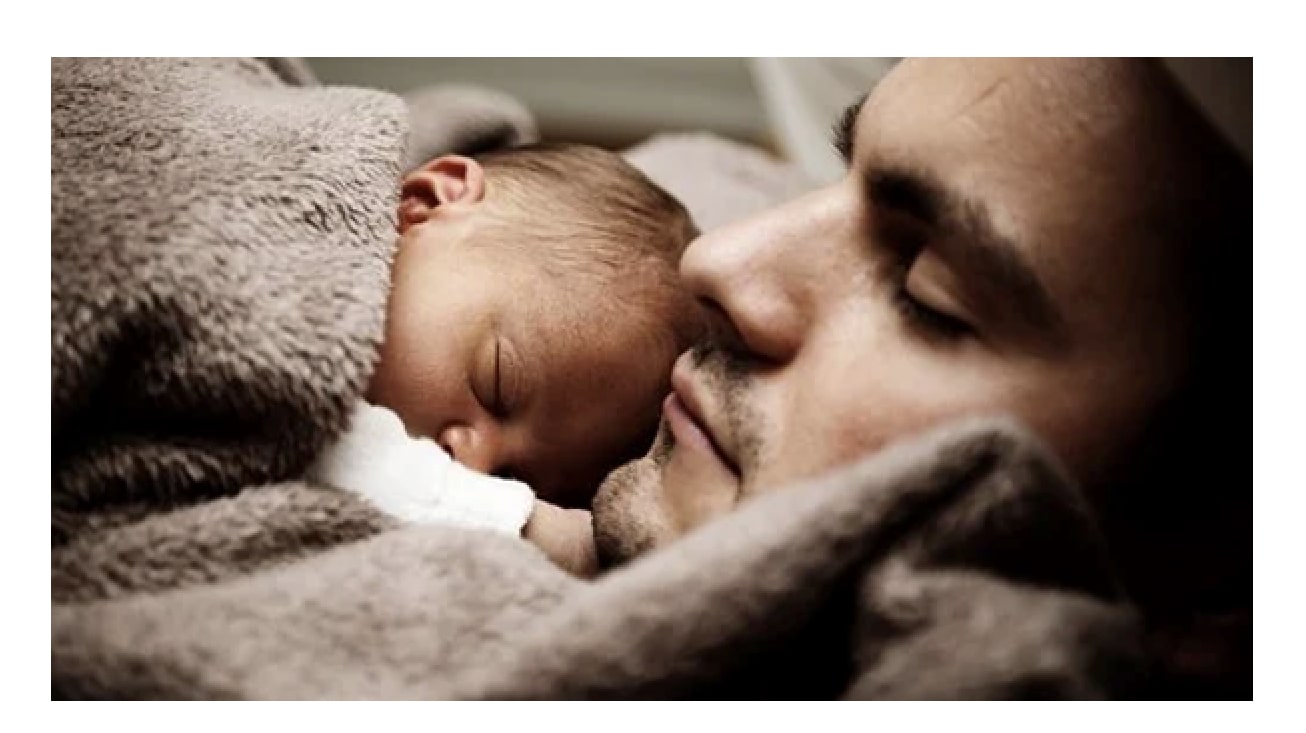June 22nd, the day after Father’s Day, marks the fourth annual International Father’s Mental Health Day (IFMHD). It was found in June 2016 by Mark Williams (UK) and Dr Daniel Singley (USA). Since then, it has grown into a multi-national event, raising awareness about fathers’ mental health. The US team also includes Dr David Levine, a paediatrician based in New Jersey, who also has his own experience of living with postnatal mental health difficulties. Dr Bronwyn Leigh, Director of the Centre of Perinatal Psychology in Australia, represent the team from ‘down under’. This year, Linos Muvhu has joined our global team from Zimbabwe as the African Ambassador. The UK team also includes Dr Andrew Mayers (Principal Academic at Bournemouth University and perinatal mental health campaigner and educator) and Dr Jane Hanley, a highly regarded health visitor, Hon Lecturer at Swansea University, and a Consultant Trainer in perinatal mental health.
Throughout the day, there will be a series of blogs, stories, press releases and resources shared by charities, support groups, health professionals, and families who have experienced the impact of poor mental health in fathers. The events will be shared across social media platforms in addition to radio broadcasts.
While the aim is to raise awareness, it is also important that these events contribute to real change. In recent years, evidence-based campaigning has influenced policy changes within NHS England for identifying fathers at risk. For IFMHD 2020, the UK team can reflect on where we are with those changes and will highlight new research that has been published. They will also consider the impact that Covid-19 has had on the entire family.
Partly influenced by UK campaigns for fathers’ mental health, in January 2019 NHS England announced that, for the very first time, some fathers would now be screened for their mental health. Since then, some developments have begun to emerge. However, much of that progress was suddenly postponed when the awful impact of Covid-19 started emerging in early 2020. NHS resources in the UK have needed to focus on fighting this pandemic. When the time is right, the campaigns aimed at getting fathers the support they need will be re-ignited.
Covid-19 has affected the lives of everyone in these last few months. During IFHMD 2020, there will be thoughts about the impact on families across the perinatal period, including fathers. At the outbreak of the pandemic, so little was known about the threat posed to the developing foetus (and addition to fears about bringing a child into a very different world). This only added to the deep anxiety experienced by parents-to-be during pregnancy. Some of those stories will be shared for the events this year.
Another concern throughout Covid-19 has been how fathers are included in pregnancy and the birth. One thing research has shown repeatedly is that, when health professionals include fathers at every step of the perinatal period, the entire family benefits: the mother, the fathers, and the infant. Some of that evidence has driven positive changes in clinical practice. Despite that, across many parts of the UK as the pandemic developed, there have been cases where fathers have been excluded from antenatal appointments and the birth itself. Of course, the safety of everyone is paramount (including health professionals). However, if the expectant parents have been exclusively self-isolating and are symptom-free, that risk is very low. This must be weighed alongside the growing evidence for including the father.
IFMH 2020 will be a springboard for a new set of campaigns. Mark said “The biggest killer in men under 50 is suicide and many fathers don’t get asked about their mental health during the antenatal and postnatal period. The day is to raise awareness and educate professionals and family members that dads struggle as well as mums during this time. Many men have a past history of anxiety, depression and trauma before becoming a parent and by supporting all parents it has a far better outcomes for everyone including the development of the child”
Dr Mayers said “The success we have seen in recent years is encouraging, but we cannot stop there. We need to see comprehensive changes across the UK, not just England. We also need to ensure that the changes that are made will make a real difference. We will hold governments and NHS providers to account to see that promises are kept.”
“We also need to reinforce that we are not looking at fathers in isolation, or at the expense of mothers. Both Mark and I will continue the work we have always done to look after mums too. This is about the entire family.”
You can read more about this work on Dr Mayers’ web page for fathers’ mental health http://www.andrewmayers.info/fathers-mental-health.html
Mark’s website can be found at http://www.reachingoutpmh.co.uk/
Dr Mayers (@DrAndyMayers) and Mark (@MarkWilliamsFMH) are very active on Twitter
More information can be found on IFMHD webpage: https://www.postpartum.net/news-and-blog/ifmhd/
Social media details: Facebook @dadsMHday Twitter @dadsMHday
Hashtags: #dadsMHday #howareyoudad













Like!! I blog quite often and I genuinely thank you for your information. The article has truly peaked my interest.
I like the valuable information you provide in your articles.
I learn something new and challenging on blogs I stumbleupon everyday.
Thanks for fantastic info I was looking for this info for my mission.
Very good article! We are linking to this particularly great content on our site. Keep up the great writing.